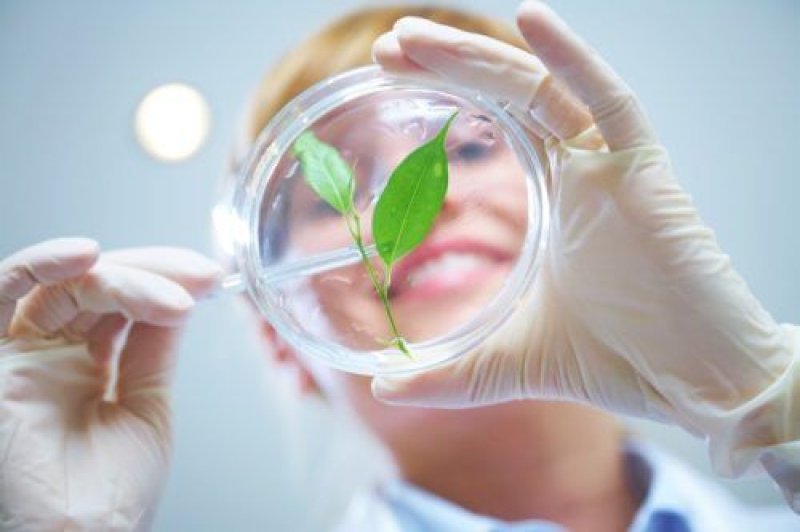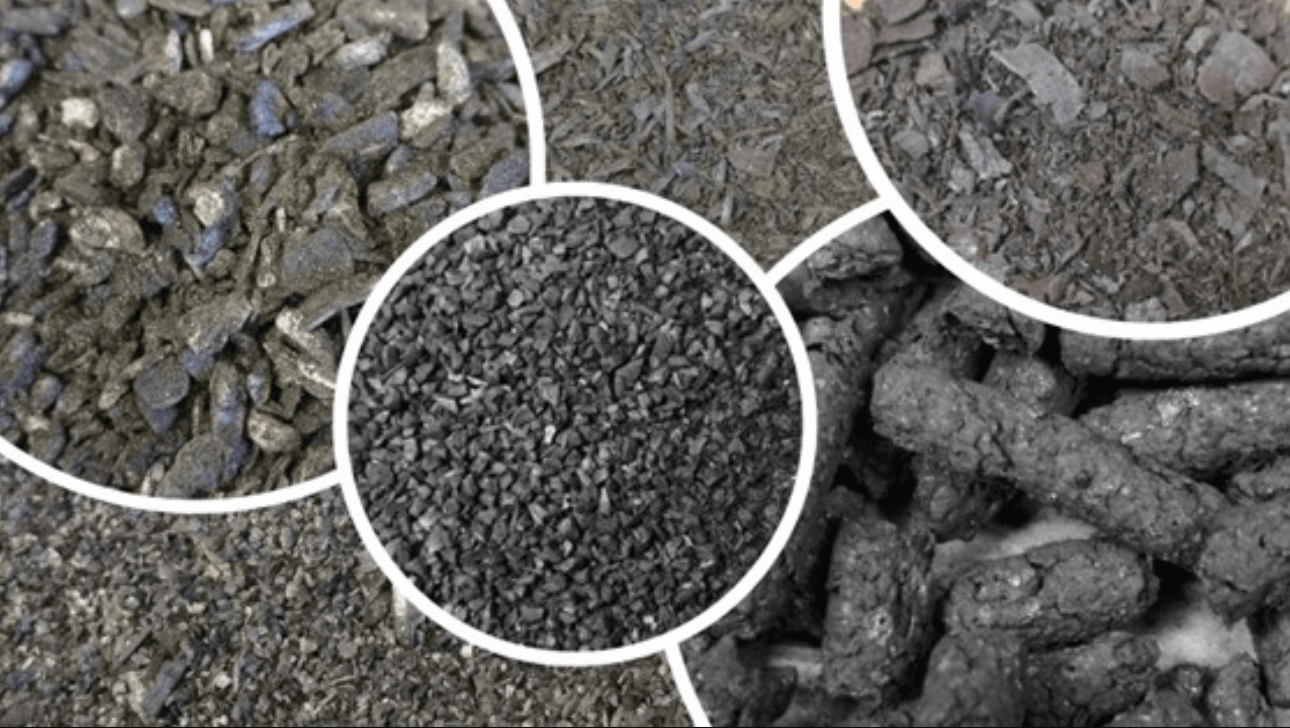Some might argue that [CRISPR] could help alleviate some of the carbon emissions from agriculture and reduce some types of food insecurity, along with traditional breeding and other techniques.
But the road to a CRISPR future is littered with concerns about the environmental, health, and commercial impacts of GMO (genetically-modified organisms), obscure and misleading labeling, mistrust of the large corporations who seek to enforce patents on new organisms, a lack of regulatory frameworks, and uncertainty about the technology.
The first generation of genetically modified crops, or GMOs, were labeled ‘Frankenfoods’ by critics. When genetic modification of food began in the 1980s, it generally involved taking a gene from one species that had desirable properties and adding it into the genome of another species, the host plant. The hope was the hybrid would be helpful. One supposed example, frost-resistant fish tomatoes, failed in field trials and became a harbinger, according to critics, of everything wrong with genetically modified foods.
Using techniques like CRISPR, next-generation gene-editing promises to be far more precise, faster, and cheaper. Unlike traditional GMO crops, those created by CRISPR technology can be transgene-free; they do not contain DNA from a different species.
































